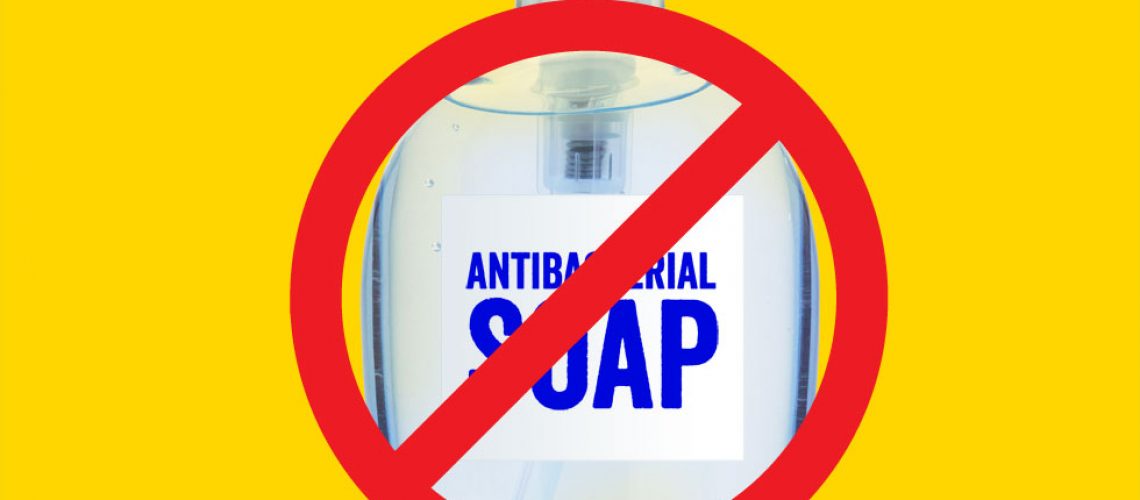You may have heard recently that the Food and Drug Administration (FDA) issued a ban on certain ingredients found in antibacterial soaps and washes. It begs the question – “Are anti-bacterial soaps bad?”
Anti-bacterial soaps are still sold in Australia and widely used. My company sells anti-bacterial hand sanitisers and are they also bad?
The reason behind the FDA decision
Dr. Janet Woodcock, director of the FDA’s Center for Drug Evaluation and Research explained, “Consumers may think antibacterial washes are more effective at preventing the spread of germs, but we have no scientific evidence that they are any better than plain soap and water.”
Essentially, by using products labeled as antibacterial, many consumers think they’re receiving health benefits that simply aren’t there. In fact, according to a paper published in 2007, regularly using antibacterial soaps may be linked, over time, to the growth of a dangerous drug-resistant bacteria. Researchers concluded, “Further studies of this issue are encouraged.”
In 2013, the FDA proposed a rule requiring manufacturers of antibacterial hand soaps and body washes to prove their products were more effective than plain soap and water. No data establishing safety and effectiveness of these products was provided.
The basis of the decision was reasonably simple:
- There is no evidence that anti-bacterial soap is better than soap
- There is evidence that anti-bacterial use is potentially hazardous
What about hand sanitisers?
Fundamental to the decision is the fact that soap is effective but hand sanitisers are designed for when soap can not be used. Hand sanitisers are designed to ensure that “clean” hands (i.e. visibly clean hands) have the surface layer of bacteria reduced.
You can not use a hand sanitiser on hands that are visibly dirty or covered with grease, oil, etc. Soap is the most effective way of cleaning “dirty” hands.
Hand sanitisers have a role to play when trying to eliminate cross-infection risks within hospitals and nursing homes, as well as reducing the risk within the hospitality industry. People travelling can also benefit from using a sanitiser before eating. The effectiveness of hand sanitisers at home is open to debate and I will leave it alone in this post.
As for the FDA, one co-author of the paper noted, “…the public still has the option of using hand sanitizers, which work faster and better than the current consumer ‘antibacterial’ soaps….”
Will we see changes in Australia?
In the USA, companies affected have almost a year to either remove the ingredients from their products (triclosan and triclocarban are the most commonly used chemicals) or no longer market their products before the final rule goes into effect September 6, 2017.
Which means that we will see these products slowly disappear from the market. After all, Australia is a small market and we tend to get the scraps from the rest of the world. Demand may remain high elsewhere and so they won’t disappear over night. Eventually the Australian government may ban them in Australia as well and that would be a good thing but I don’t see it appearing on their policy statements at the moment.
Sources:
http://www.cnn.com/2016/09/02/health/fda-bans-antibacterial-soap/index.html
https://s3.amazonaws.com/public-inspection.federalregister.gov/2016-21337.pdf
